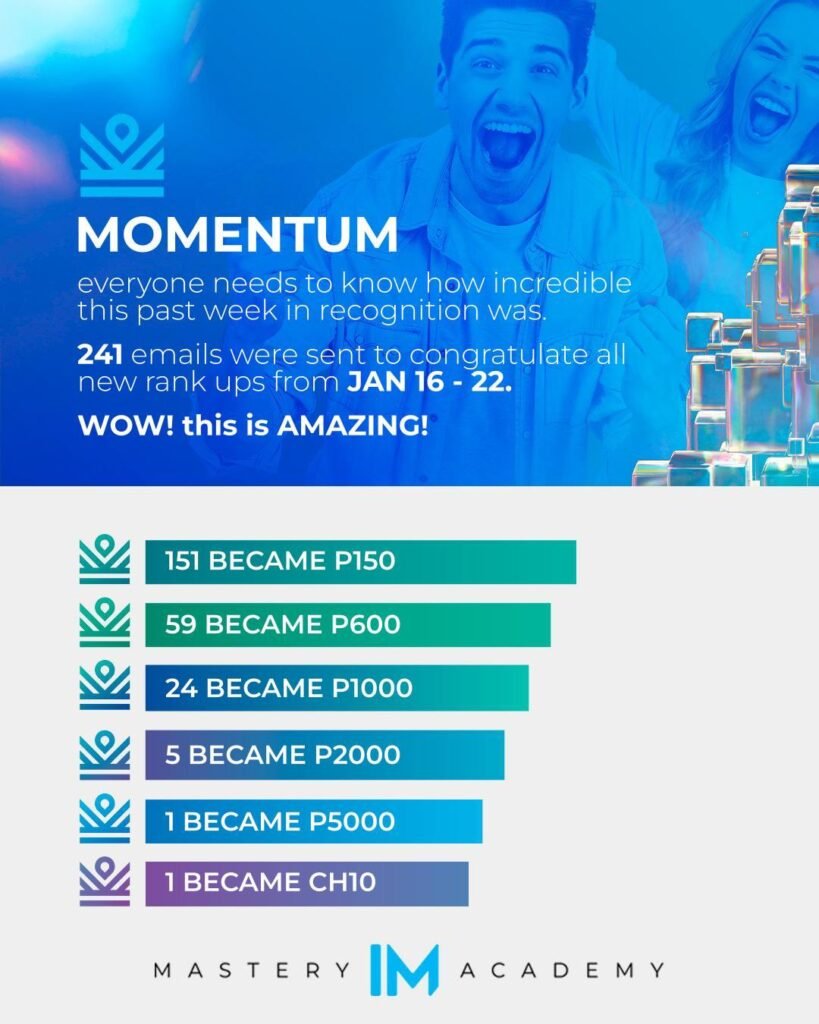IM Academy Review 2025 – Forex Training & Lawsuit

IM Academy, also known as IM Mastery Academy, started as a platform that promised to educate people on forex, cryptocurrency, and financial markets. Originally called iMarketsLive (IML), the company was launched in 2013 by Christopher Terry. Over the years, it expanded globally and attracted hundreds of thousands of members. Its model was simple at first. People paid for access to online training sessions, live mentorship, and trading tools.
As the platform grew, it evolved into something larger than just an education provider. It became a community, a lifestyle brand, and, according to regulators, a multi-level marketing (MLM) scheme disguised as a learning platform. While some praised IM Academy for its ability to motivate young entrepreneurs, others criticized it for promoting unrealistic financial dreams. By 2025, the company faced multiple lawsuits, global regulatory warnings, and serious allegations of being a scam.
How IM Academy Was Designed?
The main selling point of IM Academy was its forex trading courses. Members could access video tutorials, live classes, and mentorship sessions. Tools like the Harmonic Scanner were heavily promoted. This scanner claimed to identify trading patterns and send alerts to members. In theory, this made trading easier, even for beginners.
The company also expanded into cryptocurrency and stock market training. Special academies within the platform focused on digital currencies, futures, and even mindset training. The courses were marketed as step-by-step guides that anyone could follow. The language used in promotions suggested that success was almost guaranteed if people stayed committed.
Subscription Model
It operated on a monthly subscription system. Members paid around $174 per month, and there were additional costs for premium courses. This high pricing became one of the most common complaints in reviews. People often compared the cost to legitimate trading courses that were far cheaper.
Recruitment and Ranks
One of the most controversial aspects was the MLM structure. Members were encouraged to recruit others to cover their own costs. The company offered ranks such as “Platinum 150,” “Platinum 600,” and even “Chairman.” Each rank came with rewards, commissions, and status within the community.
While the official narrative was about education, in practice, many people focused more on recruiting new members than learning to trade. This structure created constant pressure to bring in more people, which regulators later identified as a hallmark of a pyramid scheme.
READ MORE
IM Academy Reviews and Member Feedback
Reviews about IM Academy paint a mixed picture. On Trustpilot, the company holds an average rating of about 3.5 out of 5. Some reviews are glowing, while others are deeply negative.
Positive Reviews
Supporters said the platform offered a strong community. They felt motivated by live trading sessions, mentorship calls, and success stories. For many, IM Academy was their first exposure to financial education. Members also appreciated the energy and encouragement from leaders, which gave them a sense of belonging.
Negative Reviews
Critics pointed to the high costs and heavy recruitment pressure. Many reviews described the content as basic and available for free elsewhere. Others shared stories of losing friends and family relationships due to constant recruiting efforts.
Perhaps the most common complaint was that few people actually earned money from trading. Most income came from referrals, and dropout rates were high. Some members quit after only a month, while others stayed longer but still reported losses.
Chris Terry and Leadership
Christopher Terry, the founder of IM Academy, was the central figure in its rise. His background included trading experience and time as a sales manager in Amway, another MLM company. His wife, Isis Terry, also played a leading role as the company’s CFO.
Terry presented himself as a mentor and motivator. He often spoke at events about financial freedom, discipline, and the opportunity IM Academy offered. However, critics accused him of exaggerating his trading success and using hype to attract members.
According to court filings, Terry and other top leaders personally earned millions from the business. Reports suggested that while most members lost money, leaders such as Terry, Isis Terry, Jason Brown, Matthew Rosa, and Alex Morton received tens of millions in personal income.
IM Academy Lawsuits and Regulatory Action

FTC and Nevada Lawsuit in 2025
The most damaging blow came in May 2025, when the Federal Trade Commission (FTC) and the Nevada Attorney General filed a lawsuit against IM Academy. The lawsuit accused the company of operating as a multi-level marketing scam. It alleged that the business earned over $1.2 billion since 2018 through deceptive practices.
The FTC stated that IM Academy targeted young people with false promises. Marketing campaigns told members they could retire young, travel the world, and earn money in minutes. Courts agreed with regulators that these claims were misleading.
In August 2025, a preliminary injunction was granted. This forced IM Academy to halt its operations, preserve assets, and accept external monitoring. Some top distributors settled with the FTC for millions of dollars, while cases against Terry and others are still ongoing.
Global Warnings and Investigations
IM Academy also faced international scrutiny.
- Spain: Authorities launched a criminal case against eight leaders of IM Academy. Reports showed that the company targeted teenagers and even encouraged some to leave school.
- Canada (Québec): Regulators warned that IM Academy had no license to offer investment advice. The company was previously prohibited from giving guidance on securities and derivatives.
- France, Belgium, Luxembourg, and Poland: These countries also issued warnings, fines, or bans against IM Academy.
This global response showed that concerns about IM Academy were not isolated to the U.S. The same pattern appeared worldwide: high recruitment, false promises, and financial losses for members.
IM Academy Login and Platform Access
For years, IM Academy members accessed courses and trading tools through an online login portal. This platform included live training rooms, recorded content, and market analysis. Members could also use the portal to track their ranks and referral earnings.
However, after the FTC injunction in 2025, access became limited. Many members reported that they could no longer log in or use the platform as before. The company attempted a rebrand under the name IYOVIA, but legal restrictions continued to impact operations.
READ MORE
Is IM Academy a Scam?
The question of whether IM Academy was a scam has been debated for years. Supporters argue that it provided real educational tools and a supportive community. They believe that results depended on individual effort.
But regulators, courts, and watchdog groups present a different picture. Evidence shows that most members did not profit. The majority of income was tied to recruitment, not trading. Legal documents revealed that over 90% of members left within six months, and very few earned more than they paid in fees.
Based on these facts, many conclude that IM Academy functioned as a pyramid scheme. While it disguised itself as an education company, its true engine was recruitment.
Conclusion
IM Academy began as a bold idea: to make financial education accessible to ordinary people. It grew quickly, reaching hundreds of thousands of members across the world. For some, it was an introduction to trading and entrepreneurship. For others, it was a costly lesson in how MLM companies operate.
By 2025, the weight of lawsuits, global warnings, and mounting criticism brought IM Academy to a halt. Courts found that the company misled consumers, and regulators described it as a deceptive scheme.
